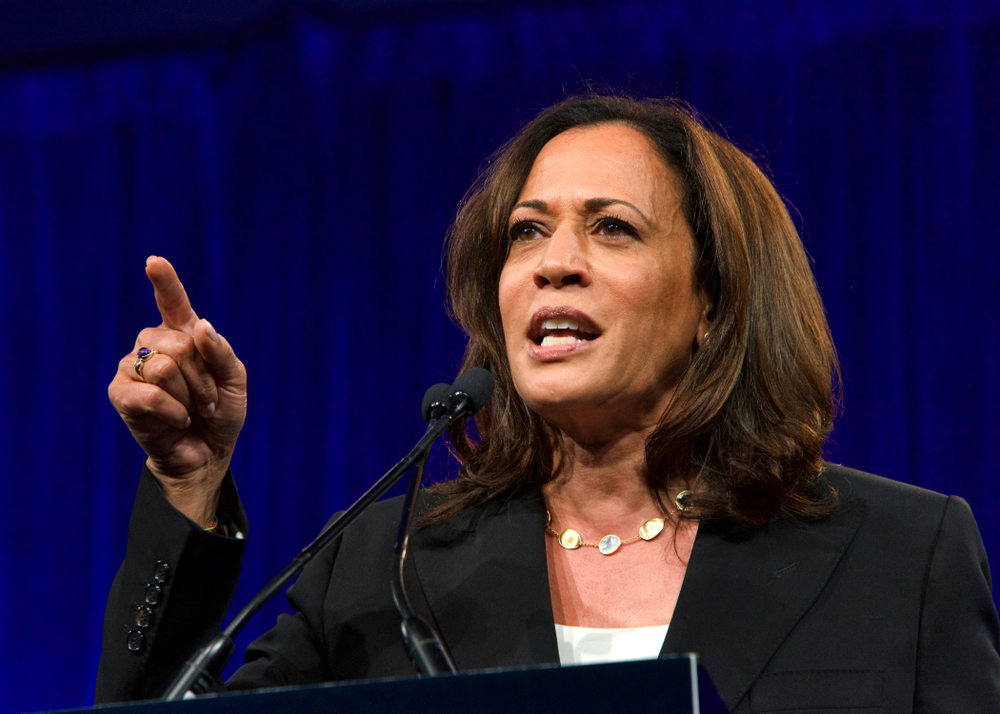Taking the presidential oath and office was one of the riskier moments for the newly elected leader of Guatemala, Bernardo Arevalo, whose victory has been disputed by the current right-wing establishment for months.
Nearly everything has been attempted against Arevalo since his victory last summer - courts, prosecutors and the previous conservative parliamentary majority disputed his victory, and there were attempts to ban his Semilla party.
From August 20, when he won the run-off election with almost 60%, to the midnight inauguration last Sunday, Arevalo's rise to power has been questionable.
The outgoing establishment tried until the last moment to thwart his assuming office, including disorderly conduct at the ceremonial session of Congress.
Arevalo, a centre-left politician, remained in the saddle and began his presidential term last Monday thanks to thousands of supporters on the streets and the rapid support he received globally.
Officials of the US, the European Union, then the Organisation of American States and a number of Latin American countries recognised his victory and requested that the handover of power be carried out peacefully.
The crisis has not been resolved
It seems the political crisis in the most populous country in Central America has subsided with Bernardo Arevalo taking over as president. However, it is definitely not resolved.
Arevalo's arrival as head of state was a surprise, particularly for the bloc of the conservative right, which has been governing Guatemala for decades.
His policy, centred on the fight against corruption, shook the establishment, which has allowed widespread corruption to continue.
Arevalo has an activist, diplomatic and political background as the son of the first democratic president of Guatemala in 1945, Juan Jose Arevalo. Positive memories of the well-known leader helped in his rise to power.
The new president gained broad support thanks primarily to his policies of dealing with corruption in the state apparatus
However, the new president gained broad support thanks primarily to his policies of dealing with corruption in the state apparatus and the much greater attention of the state towards Indigenous people, the Maya people particularly.
40% of Guatemala's population of around 18 million consists of Indigenous communities. They are the poorest and have the least access to public services, particularly social care.
President Arevalo feels a "historical debt" towards them, which the state must resolve. He announced that his government would deal with the employment and care of young people from indigenous groups.
The Indigenous people took the lead in the protests and gatherings in front of the institutions which had been trying to challenge Arevalo's victory for months, thus exerting decisive pressure in his favour.
Risky confrontation with corruption
A bigger challenge for the new president will be his expected confrontation with widespread corruption in the state apparatus, given that this is where the power of the establishment lies, which it will not easily relinquish.
It is not definite how the president will replace Attorney General Consuelo Porras, who has been the central figure in the institutional challenge to Arevalo's candidacy and election victory for months.
Before she found herself at the centre of an attempt to prevent a transition of power, Ms Porras gained a reputation as a protector of the corrupt political and business establishment.
Mr Arevalo will face issues regarding implementing his reform policies through the parliament
Her previous 5 years as Attorney General have been a period of significant setbacks for Guatemala in preventing corruption, which, until her arrival, was a model for the countries of Central and South America.
From the first day, President Arevalo will have to face a strong opponent, aware that the levers of power are slipping away.
Mr Arevalo will face issues regarding implementing his reform policies through the parliament, given that his party is only the third strongest and won 23 out of 160 mandates.
This means that when passing the law, the new president will have to make compromises in parliament, even with the parties whose leaders he accuses of corruption.
Dialogue with the US regarding migrants
As in the first days, even hours of his new mandate, President Arevalo will have to rely on the same support in the coming months, a combination of extra-institutional pressure from his supporters and international support, above all, from the US.
 Kamala Harris congratulated Arevalo on taking office and said she expected his visit to Washington in the next few months
Kamala Harris congratulated Arevalo on taking office and said she expected his visit to Washington in the next few months
Washington has demonstrated in the past its disapproval of the outgoing political structure. Last December, the US introduced visa restrictions for about 300 Guatemalans, including 100 legislators, because they undermined democracy and the rule of law.
Bernardo Arevalo, will be a cooperative interlocutor in solving complex issues with migrants. Guatemala is, after Mexico, the country from which most migrants come to the US. Last year, there were more than 200,000.
US Vice President Kamala Harris congratulated Arevalo on taking office and said she expected his visit to Washington in the next few months, where migration would be a principal topic.
"Governments must work together to manage irregular migration in our hemisphere”, said Vice President Kamala Harris.